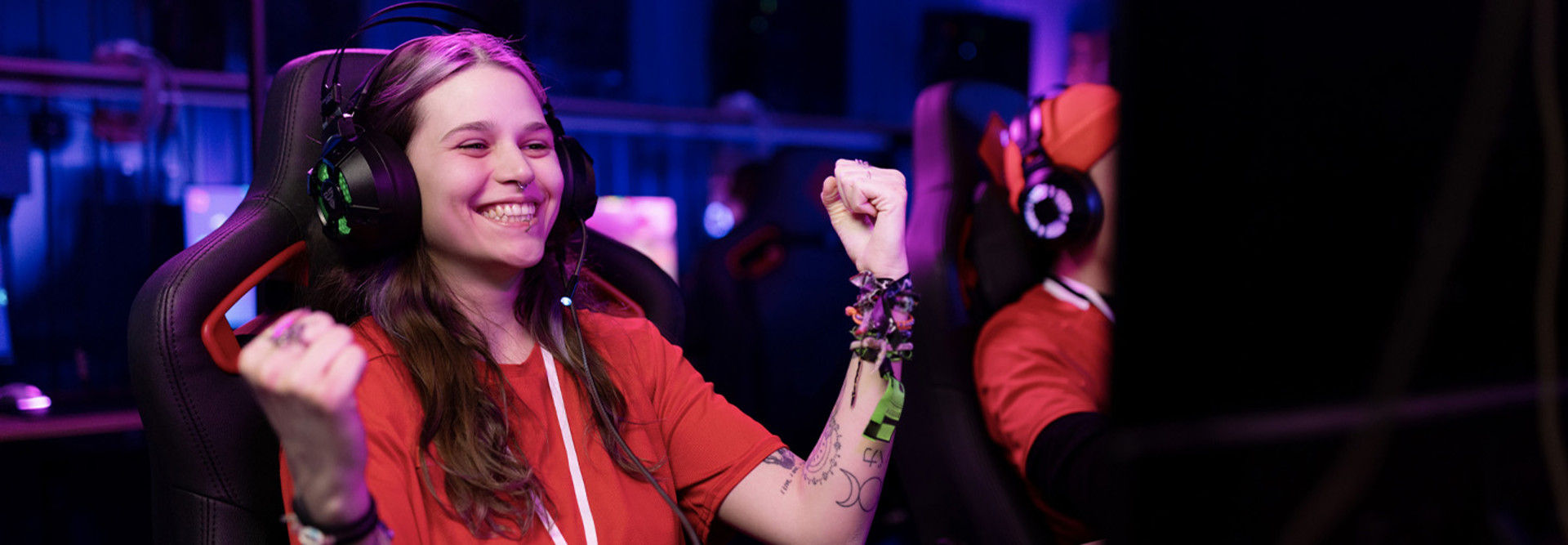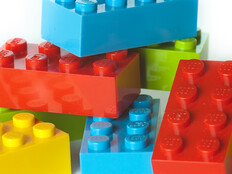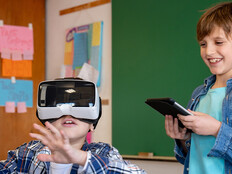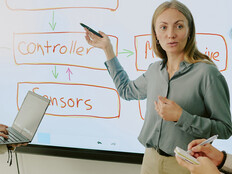Bringing esports into their schools was just the first step for Fitzgerald and Aviles, who had a long road ahead when it came to changing the perception of esports and showing students the real value of participating in competitive video games.
Don’t Downplay the Importance of Esports for K–12 Gamers
Aviles emphasized the importance of treating esports, and the students who play video games, with the same respect given to other student achievements in athletics and academics.
“It’s crazy to me how we’ve talked about games and gamers for a long time,” he said. “People couldn’t wait to tell kids what a waste of time gaming was. Imagine how that kid felt.”
Instead, schools can help those students find lifelong friends and create a place where they can flourish.
“Three-quarters of our kids no longer play with strangers online,” Aviles said. “They team up and play with their friends they met in esports.”
These classroom and after-school games create connections for adults as well. Felisa Ford, co-creator of Minecraft: Education Edition’s “Good Trouble” world; Julie Mavrogeorge, CTE coordinator at Fresno Unified School District; and Anthony Casasnovas, ed tech program manager at New York City Public Schools, came together as panelists later Monday for the session “Coast to Coast with Minecraft Education!”
Ford, a self-proclaimed nongamer, admitted that she reached out to Mavrogeorge for help setting up a Minecraft tournament in her district. Working on that initiative brought the two school districts together.
READ THE INTERVIEW: Felisa Ford shares details about creating a Minecraft world.
“We wanted to share how California went to Georgia, and Georgia looked to New York. We’re all looking toward each other,” said Cari Warnock, CDW Education ambassador and session moderator.












